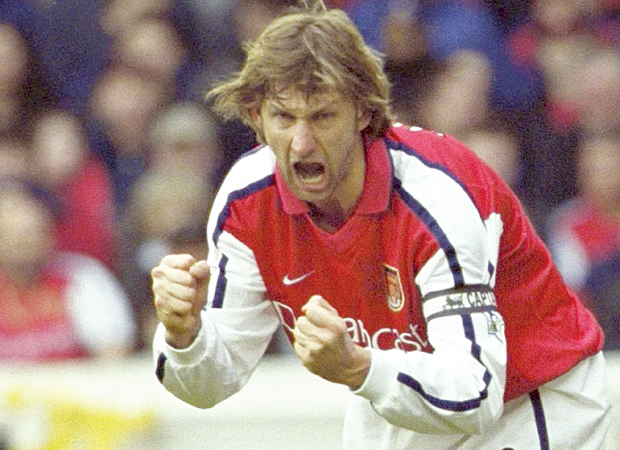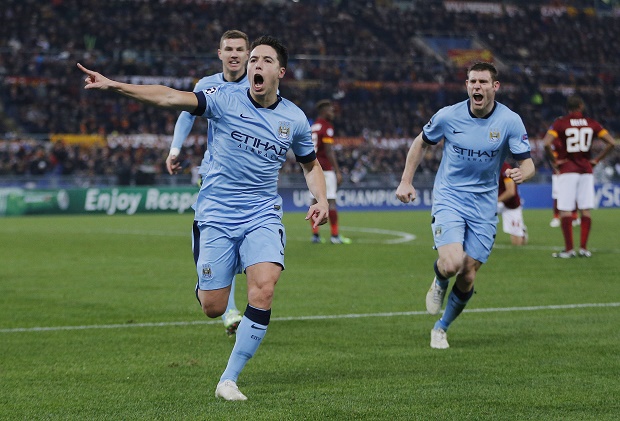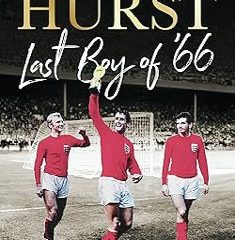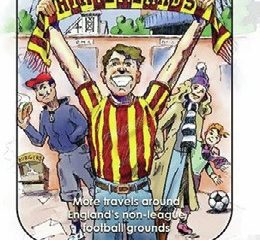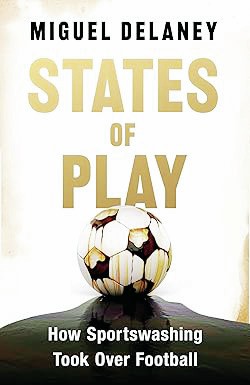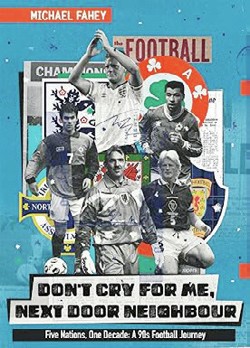
 By Neil Cotton
By Neil Cotton
In little over a decade, Eastleigh have risen from the realms of one-man-and-his-dog football to within touching distance of the Football League itself.
At the club’s Silverlake Stadium, a squat wooden hut, housing a bar and a hatch for serving pies and hot drinks, serves as one of the reminders of the not-too-distant past.
A survivor of the time when the ground was known as Ten Acres and the club played in the Wessex League – the ninth tier of English football – the hut is increasingly at odds with its surroundings, not least the looming 2,300 seater South Stand, which was unveiled in 2014.
Success at the club has arrived in two bursts. The first, a three-year period between 2003 and 2005, saw Eastleigh, under manager Paul Doswell, gain three successive promotions rising from the Wessex league – where, as founder members, they had slumbered since 1986 – to the National League South.
For a time it appeared as if a plateau had been reached. The managerial appointment of former Leeds striker Ian Baird in 2007 did provide something of a boost with Baird’s side finishing third in the league in 2008-09, but this achievement was dampened when the team squandered what was an at one-point a commanding four-goal lead over Hayes & Yeading in the two-legged play-off semi-final.
Failure to reach the play-offs over the subsequent three seasons only added to the feeling that this had been a missed opportunity.
However, a surprise change in ownership then propelled the club into a new phase of their journey.
Stewart Donald’s Bridle Insurance acquired a majority shareholding in the club in early 2012 and straightaway set out a new vision. Speaking ahead of the acquisition, Donald and his Bridle co-director Neil Fox talked of a five-year plan to bring the ground up to Football League standard and to attract crowds of around 3,000.
With the Spitfires attracting respectable but unspectacular crowds of around 500 to a ground which by National League South standards was decidedly average, this seemed a particularly ambitious target.
The new owners, though, underlined their intent by investing heavily in the squad with signings such as Damien Scannell, Scott Rogers, Mitchell Nelson, Philip Appiah and Craig McAllister – a player who had helped Crawley Town to the Conference title in 2011.
The project got off to a poor start as the expensively assembled squad struggled on the pitch and in September 2012 Baird departed to be replaced by Richard Hill, whose CV included stints as assistant manager at QPR and Aston Villa.
A run in the second half of the season saw the team climb from 21st position to an eventual fourth and a place in the play-offs.
Ultimately, there was disappointment as Eastleigh lost on penalties to Dover Athletic in the semi-final, but, with the foundations laid, Hill led Eastleigh to the National League South title and automatic promotion the next season.
In Non-League’s top-flight for the first time ever, Hill’s side made an immediate impression, finishing fourth to secure yet another play-off place for the club – this time ending in a convincing 5-1 aggregate defeat to Grimsby Town in the semis.
This season Hill departed in September after a 5-2 home defeat by Dover, the latest in a series of poor displays.
However, results have improved under Chris Todd, Hill’s former assistant. Todd was confirmed as the new boss following a string of impressive performances, including a 3-2 victory over then-league leaders Forest Green Rovers.
The club’s success has, though, drawn a number of detractors. Some accuse the club of buying success (Donald went on record in April this year as having put almost £3m into the club). They point to the cautionary tales of clubs such as Truro City, Rushden & Diamonds and Celtic Nation where similar rapid rises or grand plans unravelled with disastrous, or near-disastrous, consequences.
But that is to ignore other developments. An impressive effort has been made to engage with the local community. Eastleigh have staged family fun days, offer tickets to local voluntary organisations and have provided free entry to games aimed at bringing in new fans.
For regulars too, the club has maintained low prices with the recent BBC Price of Football survey stating Eastleigh had the cheapest season ticket in England’s top five tiers at just £120.
It is a strategy which appears to be working. According to a tweet from Donald in October, average attendances have risen between 300-400 per cent in just three years to 1,921. It is not known how many dogs are included in that figure.


Book Reviews
Book Review: Chris Towers finds right mix

Book Reviews
Book Review: Sir Geoff Hurst hits net
